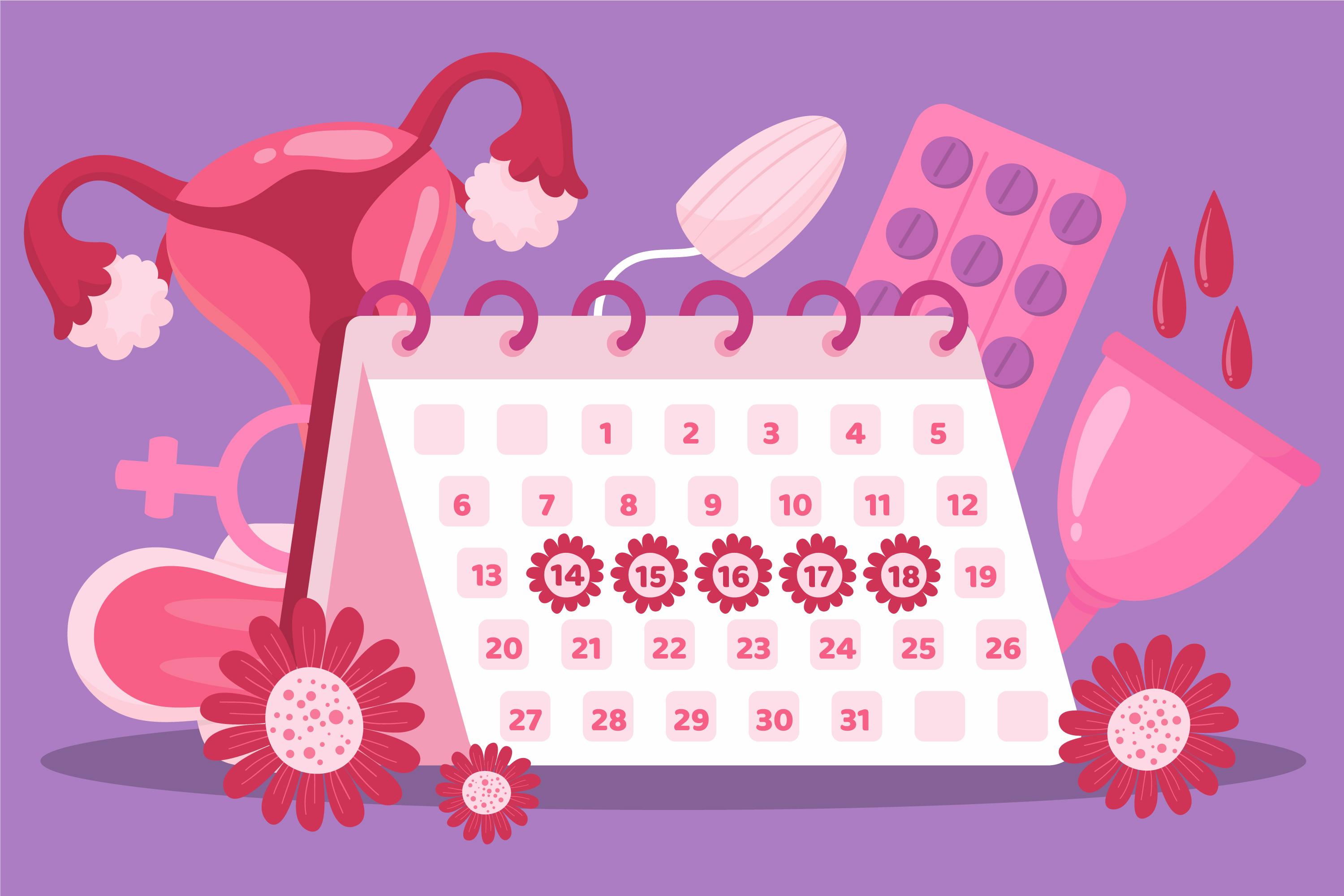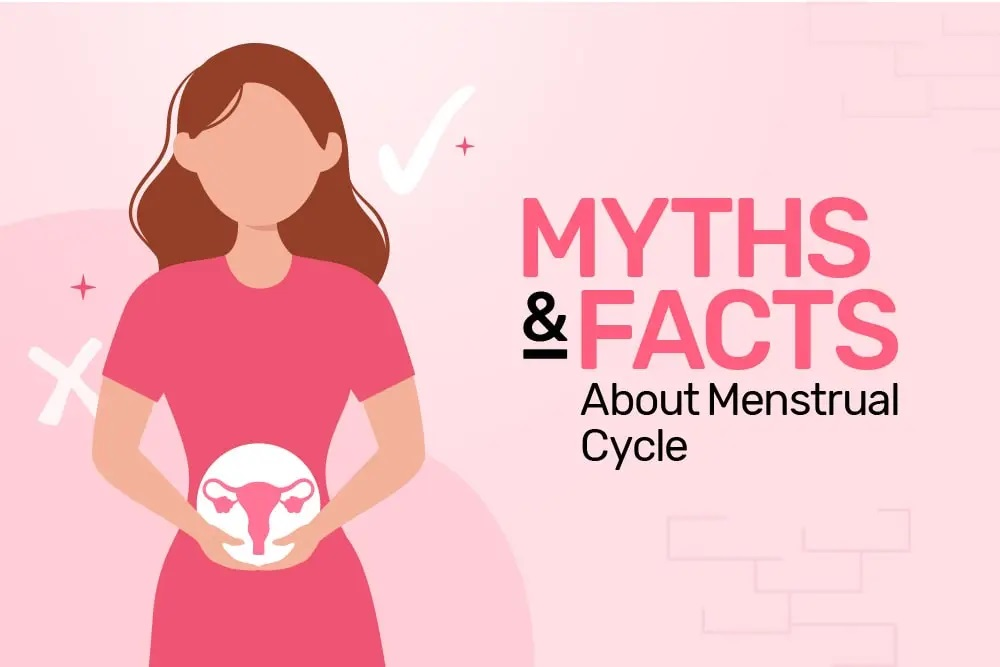Severe Cramps During Menstruation: Causes, Relief, and When to Seek Help
Category: Symptom & Health Monitoring | Goal Type: Track Cycle
Updated: November 2025
Menstrual cramps, known medically as dysmenorrhea, are common — but when pain becomes severe enough to interrupt daily life, it may indicate an underlying condition that needs attention. Understanding the cause of severe cramps can help you find effective relief and maintain overall reproductive health.
What Causes Severe Menstrual Cramps?
Mild cramps occur when the uterus contracts to shed its lining. However, severe cramps are often triggered by hormonal imbalance or reproductive disorders that intensify those contractions or restrict blood flow. Common causes include:
- Endometriosis: Tissue similar to uterine lining grows outside the uterus, causing inflammation and pain.
- Adenomyosis: The uterine lining grows into the muscle wall, leading to intense cramping and heavy bleeding.
- Fibroids: Noncancerous growths that can press on the uterus and cause discomfort.
- Pelvic Inflammatory Disease (PID): Infection that leads to chronic pelvic pain and inflammation.
- High Prostaglandin Levels: Hormone-like chemicals that trigger stronger uterine contractions.
Symptoms That Indicate Severe Cramps
- Sharp, stabbing pain in the lower abdomen or back
- Nausea, vomiting, or diarrhea during menstruation
- Fatigue and dizziness
- Pain radiating to the thighs or hips
- Discomfort lasting beyond the first two days of your period
At-Home Remedies for Severe Cramps
Several natural remedies can help ease cramping and promote relaxation:
- Heat Therapy: Place a hot water bottle or heating pad on your lower abdomen to relax uterine muscles.
- Gentle Movement: Light yoga, stretching, or walking can improve circulation and reduce pain intensity.
- Hydration: Drink plenty of water and herbal teas to reduce bloating and inflammation.
- Magnesium & Omega-3: Nutrients that relax muscles and lower prostaglandin levels.
- Reduce caffeine & salt: Both can contribute to bloating and tension.
Medical Treatments and Professional Care
When cramps persist despite self-care, consult your healthcare provider. Common medical approaches include:
- Non-steroidal anti-inflammatory drugs (NSAIDs): Such as ibuprofen to reduce pain and inflammation.
- Hormonal therapy: Birth control pills or hormonal IUDs to regulate cycles and decrease prostaglandins.
- Ultrasound or pelvic exam: To identify fibroids, cysts, or endometriosis.
- Surgical treatment: In rare cases, procedures to remove fibroids or treat endometriosis may be necessary.
Preventive Lifestyle Tips
- Maintain a balanced diet rich in fruits, vegetables, and whole grains.
- Exercise regularly to enhance blood circulation and reduce tension.
- Track your menstrual cycle to identify pain patterns using an app like HealthTrack.
- Manage stress through meditation, deep breathing, or journaling.
- Sleep at least 7–8 hours a night to allow your body to recover.
When to Seek Immediate Medical Help
Severe cramps may signal a serious underlying condition if you experience:
- Sudden or worsening pain not relieved by medication
- Fever, chills, or unusual vaginal discharge
- Severe bleeding (changing pads every hour)
- Pain during or after intercourse
These symptoms should never be ignored. Early diagnosis ensures effective management and preserves long-term fertility health.
FAQ: Severe Cramps
1. Are severe cramps normal?
No. Mild to moderate discomfort is common, but severe cramps interfering with daily life require medical evaluation.
2. Can stress make cramps worse?
Yes. Stress triggers cortisol, which can increase muscle tension and pain sensitivity during menstruation.
3. What natural supplements help with cramps?
Magnesium, vitamin B1, and omega-3 fatty acids are known to reduce uterine contractions and inflammation.
4. Can birth control help relieve cramps?
Yes. Hormonal contraceptives often lessen the severity of cramps by thinning the uterine lining and regulating hormone levels.
Key Takeaways
- Severe menstrual cramps are not normal and may point to an underlying condition.
- Heat therapy, gentle exercise, and dietary changes can bring relief.
- Persistent or worsening pain should be evaluated by a healthcare professional.
- Tracking symptoms helps detect patterns and supports faster diagnosis.




